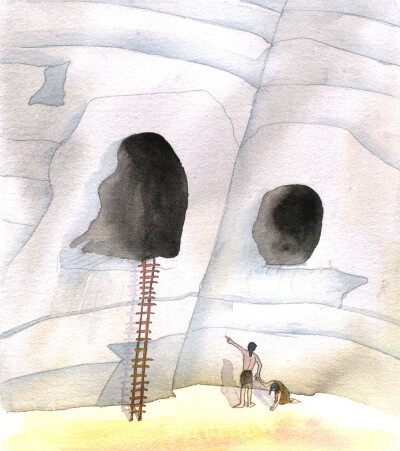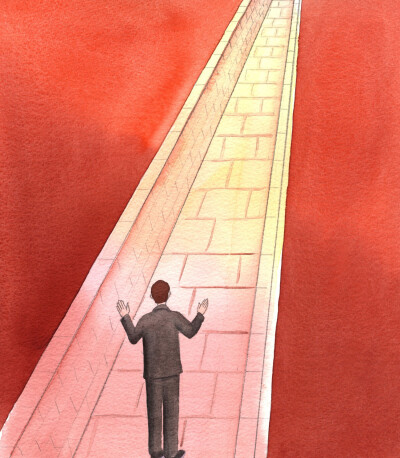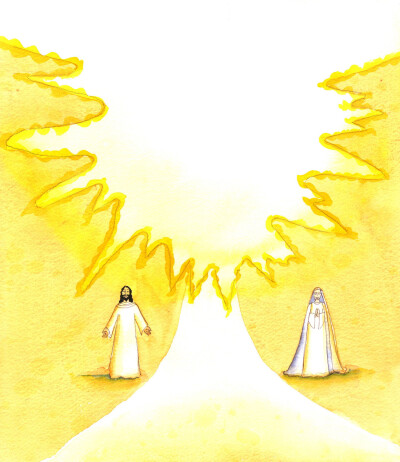Search Page
Showing 61 - 80 of 84
People in various places around the world are treated with routine cruelty, because of their ideology or type of religion. This is because the strong have power over the weak, for whom they have no respect. Life in those places is no better than life in the stone age, when the strong ruled the weak in a similar manner.
The prayers we offer in the name of Christ can be pictured as ascending to Heaven along the same channel in which faithful souls move, as they die and ascend to Heaven. We can have confidence in prayer, therefore, unlike those who do not believe in Christ and whose prayers are like cries uttered into a night sky, perhaps with little hope.
People who make decisions about war and peace should think first of all about the people involved. People are more important than land, although nationhood is important, and it is not wrong to defend a homeland and its borders in a reasonable manner. But it is always important to keep in mind the just treatment of human beings.
We have a strong channel to Heaven, as if one made of brick! When we trust in the Father's love, and in the merits of Christ, and we call out with confidence, in prayer, saying 'Forgive my sins', or, 'Help me', or, 'Protect me from Satan', for example, our prayers are answered. To offer sincere prayer in the name of Christ is both to receive help, and to receive peace, from knowing we have certainly been helped.
Everything that happens on earth has been planned, permitted or chosen by God. Yet God's gift to everyone in His plan of salvation, and to everyone on earth, is freedom. Whoever serves Him does so having freely chosen to do so. God coerces no-one, not even the Mother of His own Son, Jesus Christ. If we look past the figures of Christ and Our Lady, to whom we pray so often, and approach the Invisible Father, we can remember: a wise person is one who chooses Life.
We know that Christ was made incarnate of the Blessed Virgin Mary; and it is Christ Who is now made bodily Present, in a sacramental manner, in the Most Holy Eucharist; yet He is never separated from the Father and the Holy Spirit. When we are close to Christ we are also close to the Father and the Holy Spirit: to the one God, the Blessed Trinity.
We know that Christ took flesh from the Blessed Virgin, and is both God and man. We also know that He is bodily Present with us, in a sacramental manner, in the Holy Eucharist. Yet He is never separated from the Father and the Holy Spirit: in the unity of the Blessed Trinity.
There are millions of people in the world who have been deprived of knowledge, or opportunities for advancement, or freedom of various sorts, or the Gospel, living in poverty, or under atheistic governments, for example. Yet the internet is bringing a huge amount of knowledge to these millions, in an extraordinary manner. Though there are evil influences on the web, the Gospel is being told through it - and it is powerfully told, for example, through the pictures and teachings of 'Radiant Light'.
We are glad when people are happy, in church; reverence in Church cannot be separated from dignity, however; and when young people show their delight in the arrival of church banners by loud shrieking and whistling - as if greeting footballers before a game - they demonstrate their ignorance, and their poor catechesis. It is tragic that these Catholics do not yet know how to prepare for the reverent worship of almighty God.
How to know Jesus Christ
Finding Christ, Finding Life: a talk by Elizabeth Wang, given at the French Church, Leicester Square, London, 2006.
INTRODUCTION.
You probably know that I’m an artist. The project I’m busy with,…
What is Mary Like? by Elizabeth Wang
This text is the complete version of the pamphlet WHAT IS MARY LIKE?
“Now having met together; they asked him, ‘Lord, has the time come? Are you going to restore the kingdom to Israel?’ He replied,…
The Purpose of the Priesthood, by Elizabeth Wang
‘The Purpose of the Priesthood contains encouragement and advice for Catholic priests. It reminds them about the central meaning of the Priesthood, and about the need to teach the Catholic Faith in it…
How to Pray: Perseverance, by Elizabeth Wang
This text is published as Chapter 3 of How to Pray (Part One: Foundations), pages 19-30, entitled 'How to Persevere'. An introduction to the life of prayer with much practical advice about how to deep…
How to Pray: The Mass, by Elizabeth Wang
This text is published as Chapter 4 and 5 of How to Pray (Part One: Foundations), pages 31-38, entitled 'How to Pray the Mass'. An introduction to the life of prayer with much practical advice about h…
How to Pray: Stages of the Spiritual Life
This text is published as Chapters 7 and 8 of How to Pray (Part One: Foundations). An introduction to the life of prayer with much practical advice about how to deepen your prayer life.
7 ABOUT TH…
Autobiography of Elizabeth Wang, Part 1
This text forms part of Elizabeth Wang's Falling in Love: A Spiritual Autobiography (1999). It tells the story of her life and of her spiritual journey as she came to know Christ and His Church.
You …
Autobiography of Elizabeth Wang, Part 2
This text forms part of Elizabeth Wang's Falling in Love: A Spiritual Autobiography (1999). It tells the story of her life and of her spiritual journey as she came to know Christ and His Church.
You …
Autobiography of Elizabeth Wang, Part 3
This text forms part of Elizabeth Wang's Falling in Love: A Spiritual Autobiography (1999). It tells the story of her life and of her spiritual journey as she came to know Christ and His Church.
You …
Autobiography of Elizabeth Wang, Appendix on Prayer
This text forms part of Elizabeth Wang's Falling in Love: A Spiritual Autobiography (1999). It tells the story of her life and of her spiritual journey as she came to know Christ and His Church.
You …
A Picture of a Faithful Diocese
A short piece of writing by Elizabeth Wang about how the Catholic faith can be lived and celebrated within a Faithful Diocese, and the responsibilities of all the faithful - and especially bishops - t…
Showing 61 - 80 of 84







